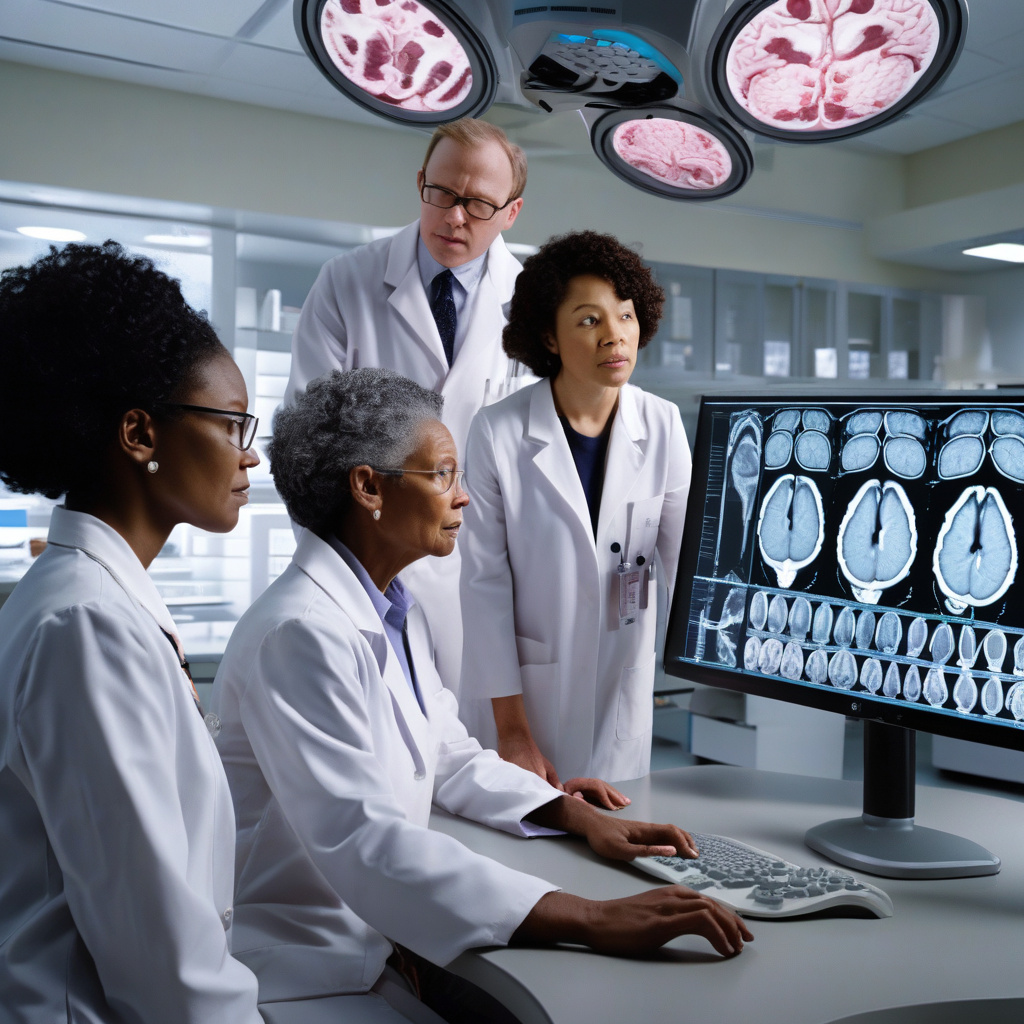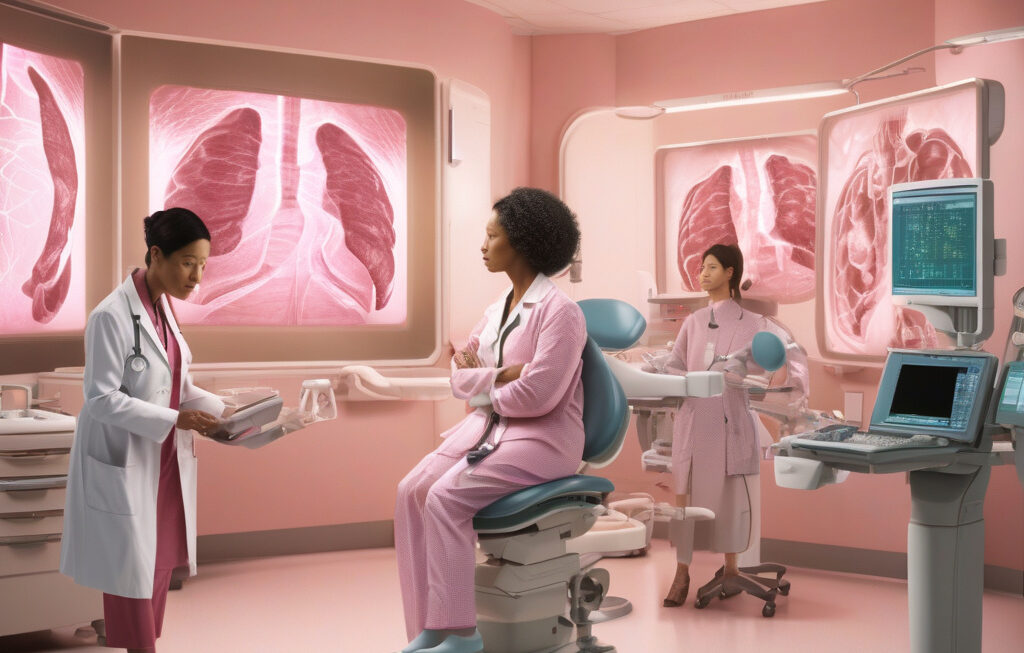AI Tool Detects 9 Types of Dementia from a Single Scan with 88% Diagnostic Accuracy
Mayo Clinic researchers have developed a new AI tool that detects nine types of dementia from a single brain scan with an impressive 88% diagnostic accuracy. This groundbreaking development is set to revolutionize the field of neurology and significantly improve the early detection and treatment of various forms of dementia, including Alzheimer’s disease, vascular dementia, and frontotemporal dementia.
Dementia is a growing concern worldwide, with millions of individuals affected by this debilitating condition. Early detection is crucial for providing timely interventions and improving patient outcomes. However, diagnosing dementia can be challenging, often requiring a combination of clinical assessments, cognitive tests, and neuroimaging scans.
The AI tool developed by Mayo Clinic researchers promises to streamline the diagnostic process by accurately identifying the specific type of dementia from a single brain scan. By analyzing patterns and abnormalities in the brain images, the AI algorithm can differentiate between different forms of dementia with high precision, allowing for targeted treatment approaches tailored to each patient’s condition.
What sets this AI tool apart is its ability to detect nine different types of dementia, including less common variants such as Lewy body dementia and mixed dementia. This comprehensive approach ensures that patients receive a more accurate diagnosis, enabling healthcare providers to deliver personalized care plans that address the specific characteristics of each type of dementia.
Moreover, the high diagnostic accuracy of 88% is a significant improvement over existing methods, which often rely on subjective interpretations of imaging scans and clinical symptoms. By leveraging the power of artificial intelligence, healthcare professionals can make more informed decisions about the diagnosis and management of dementia, leading to better outcomes for patients and their families.
In addition to its diagnostic capabilities, the AI tool has the potential to aid researchers in advancing our understanding of dementia and its underlying mechanisms. By analyzing large datasets of brain scans and clinical data, the algorithm can uncover patterns and associations that may not be apparent to the human eye, paving the way for new insights into the complex nature of dementia disorders.
As with any new technology, the implementation of AI in dementia diagnosis raises important ethical considerations regarding patient privacy, data security, and algorithm transparency. Healthcare providers and researchers must ensure that the AI tool is used responsibly and ethically, with a focus on benefiting patients and upholding the highest standards of care.
Overall, the development of an AI tool capable of detecting nine types of dementia from a single scan represents a major milestone in the field of neurology. By harnessing the power of artificial intelligence, healthcare professionals can enhance their diagnostic capabilities, improve treatment outcomes, and ultimately make a positive impact on the lives of individuals living with dementia.
#AI, #Dementia, #MayoClinic, #Neurology, #HealthcareRevolution












